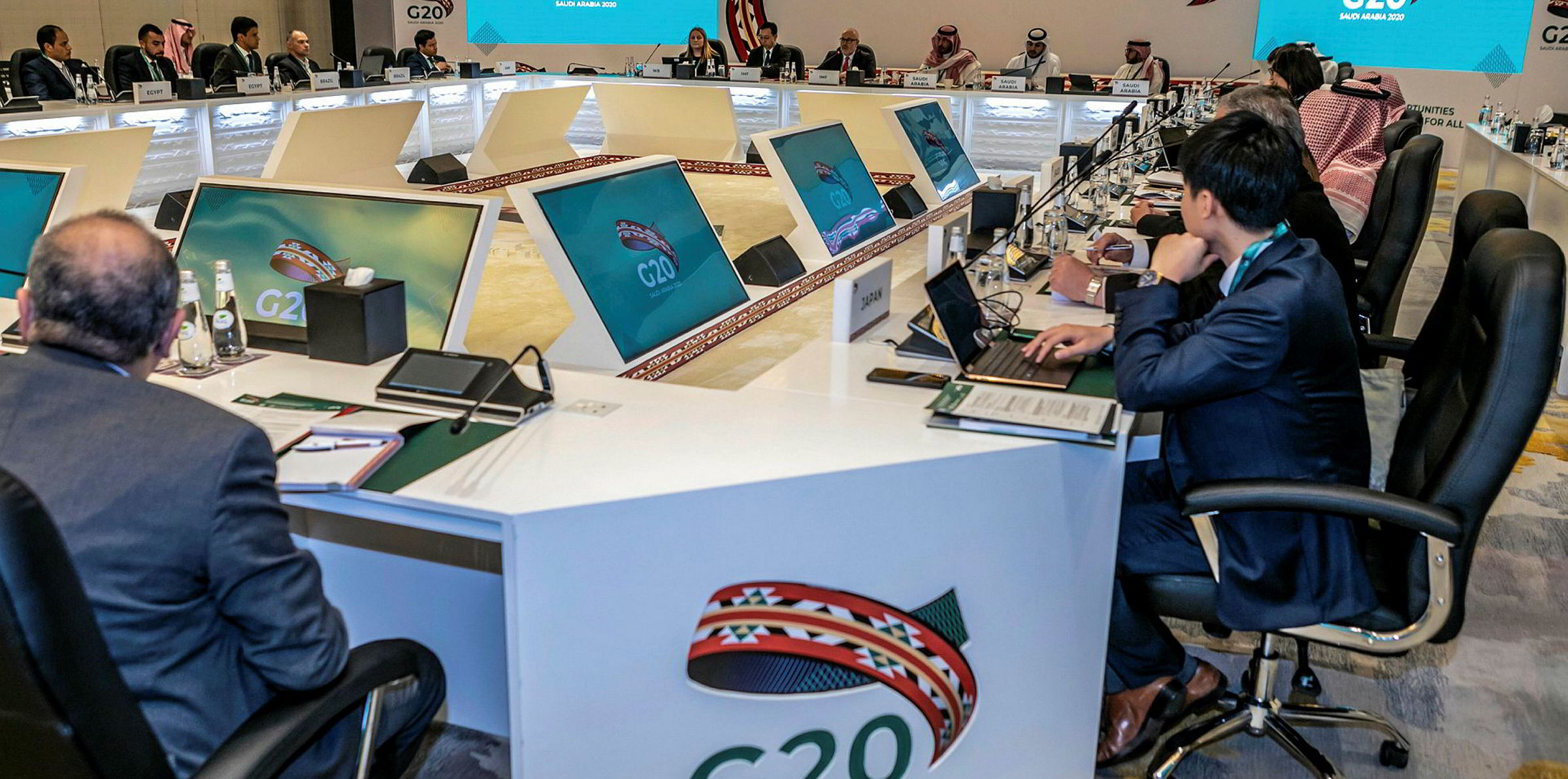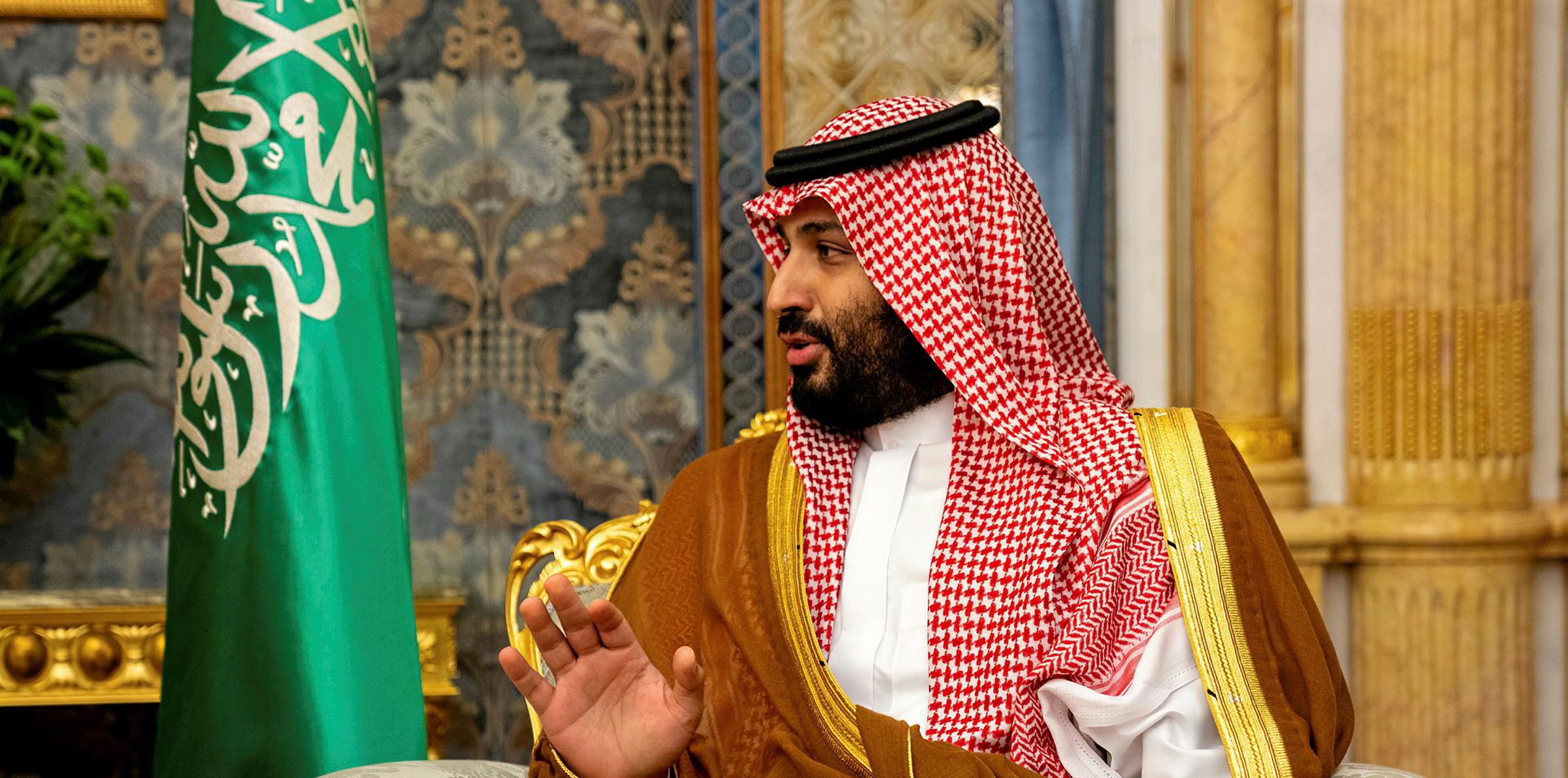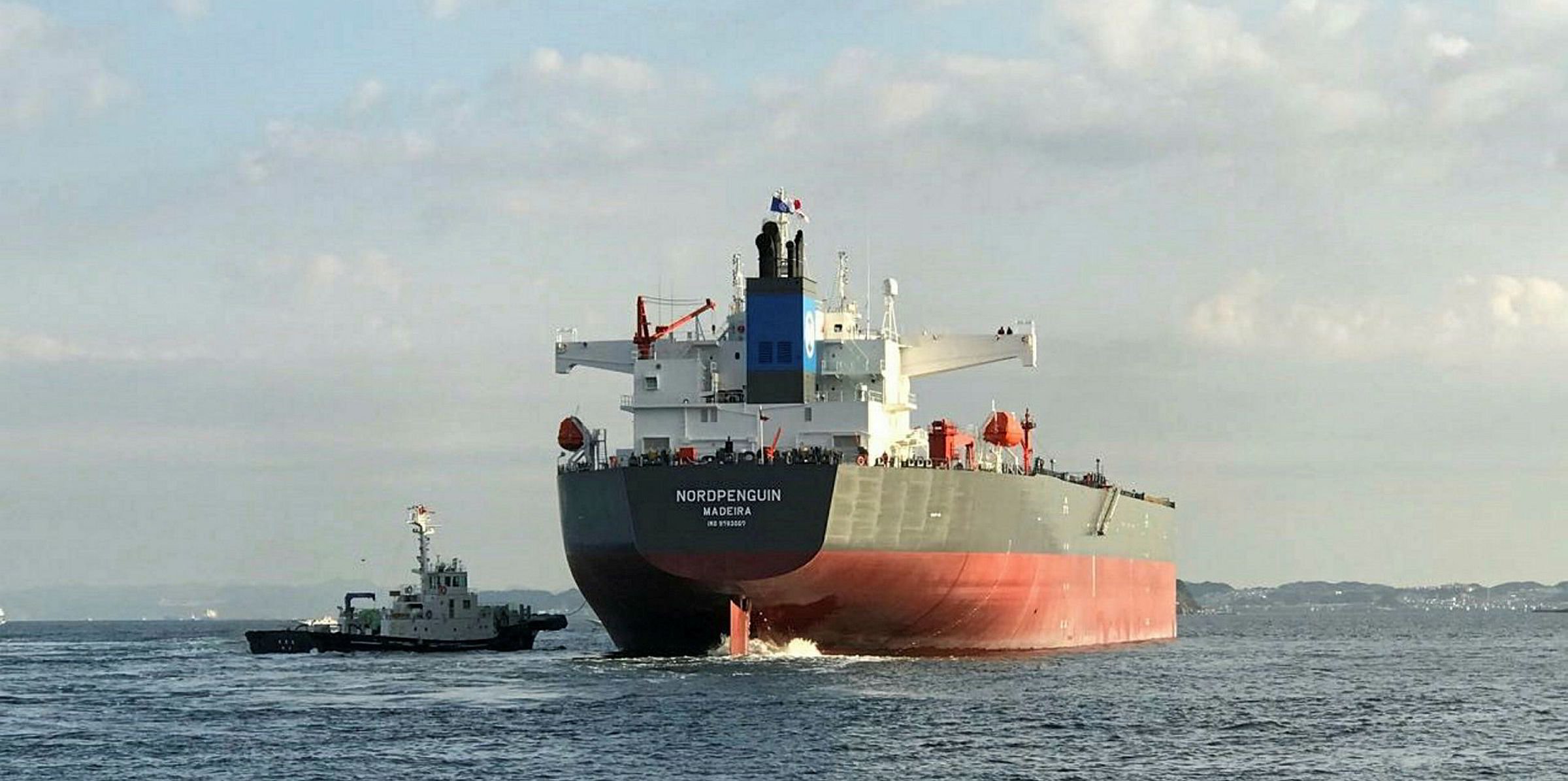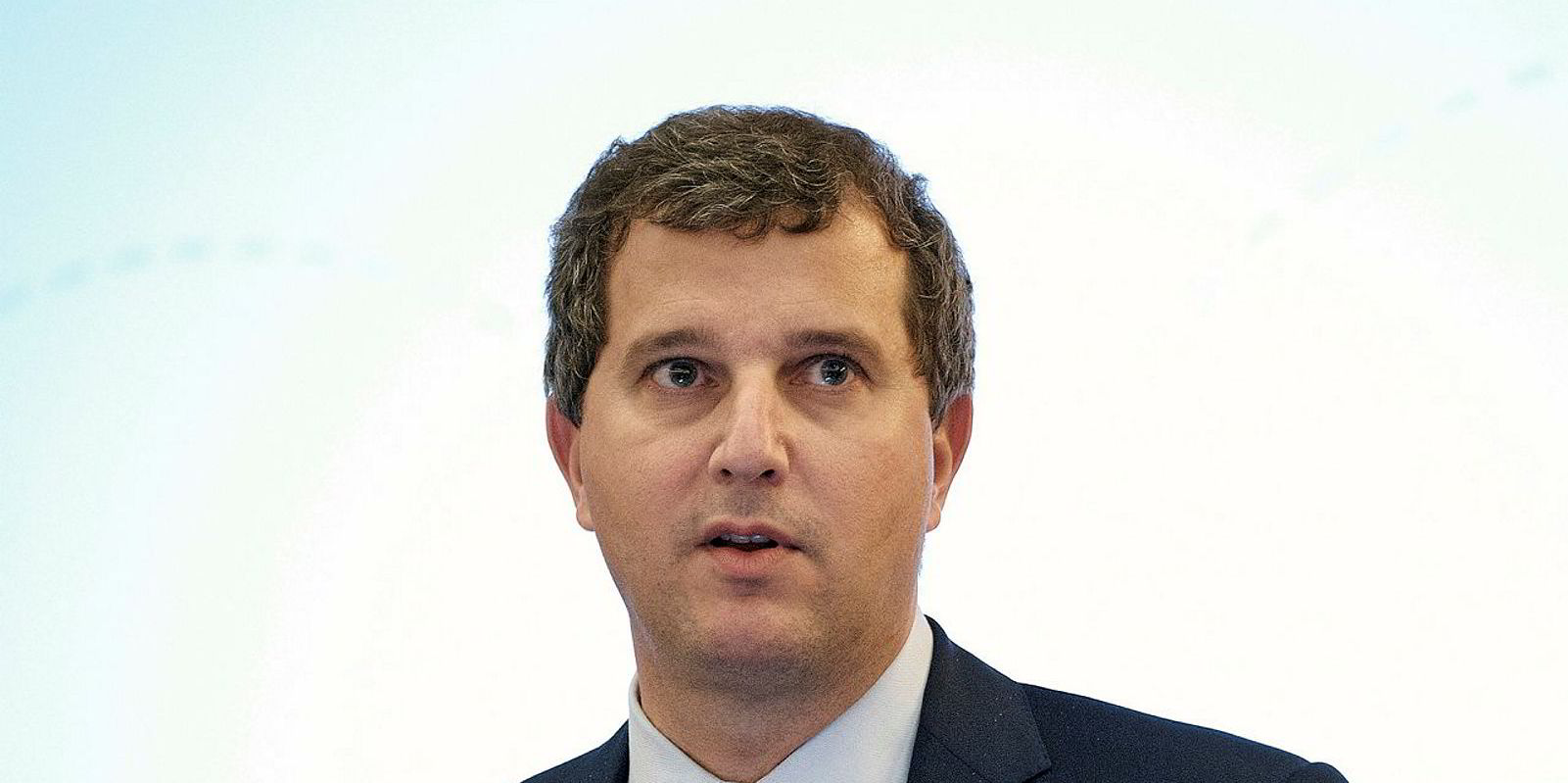A significant oil supply cut of Opec, Russia and nine other producers – also known as the Opec+ group – will end the bull runs in tanker markets from July onwards, according to maritime consultancy Marsoft.
All eyes of oil and tanker players are fixed on the Opec+ emergency meeting on Thursday, where members will discuss over an output reduction due to the demand collapse triggered by the coronavirus pandemic.
In a webinar held by Marine Money on Wednesday, Marsoft partner Kavin Hazel said a reduction between 5m barrels per day (bpd) and 10m bpd would pressure tanker rates later this year.
“That leads to a much smaller stockbuild in the marketplace [and] less floating storage,” Hazel said.
“Tanker rates would fall back much more significantly, especially in the second half of the year…when there's less oil being put on the water.”
“That's going to be bad for the tanker market. There is going to be a retreat in the rates.”
Strong market for now
The Opec+ failed to agree on a supply deal in their last meeting in early March, leading to a price war among oil producers.
With Middle Eastern producers – in particular Saudi Arabia – hiking crude exports, tanker owners have been enjoying healthy rates with rising floating storage demand.
The Baltic Exchange assessed spot VLCC earnings on the Middle East Gulf-China route at $129,108 per day on Wednesday, down from recent peaks of $250,000 per day but still far above the breakeven.
Hazel shared the view of some tanker owners that earnings are to stay high in the second quarter regardless of any supply deal, with many vessels already fixed for short-term storage use.
But a big downside risk would emerge if the Opec+ agrees on a cut, according to Marsoft analyst Aditya Trivedi.
“Such a decision will result in low demand for floating storage, and also low demand for trade as refiners will use the feedstock from inventories. So it's going to be sort of a double blow for tanker rates,” Trivedi said.
Oil politics
According to media reports, Russia and Saudi Arabia are expected to push for a global supply cut involving major producers outside of the Opec+.
The two countries’ oil ministers will meet their counterparts from the US, Canada and Brazil during a G20 meeting scheduled on Friday. Norway, which indicated it is open to a cut, may also participate in the talks.
Brazil’s state-owned Petrobras has reduced crude production by 200,000 bpd this month due to low oil price, while some Canadian producers are expected to have similar actions.
The US Energy Information Administration has forecast US crude production will fall by 500,000 bpd to 11.8m bpd this year, with producers already starting to ramp down. This prediction is based on no Opec+ cut.
But it remains to see if any government outside of the Opec+ is willing to formally join a supply agreement.
While President Donald Trump has requested Russia and Saudi Arabia to reduce output, there is little chance of the US joining a global pact, according to Marsoft consultants.
“I think it's a little bit like herding cats, trying to get all those small shale producers to agree to that,” Hazel said.
In addition, any coordinated output reduction in the US could be seen as violating antitrust laws.
“You will never see the US joining in coordinated production cuts,” Marsoft president Arlie Sterling said.
“Every lawyer…is watching that carefully. And as soon as someone in the US announces a coordinated production cut, they're gonna get hit with every kind of lawsuit you can imagine.”









